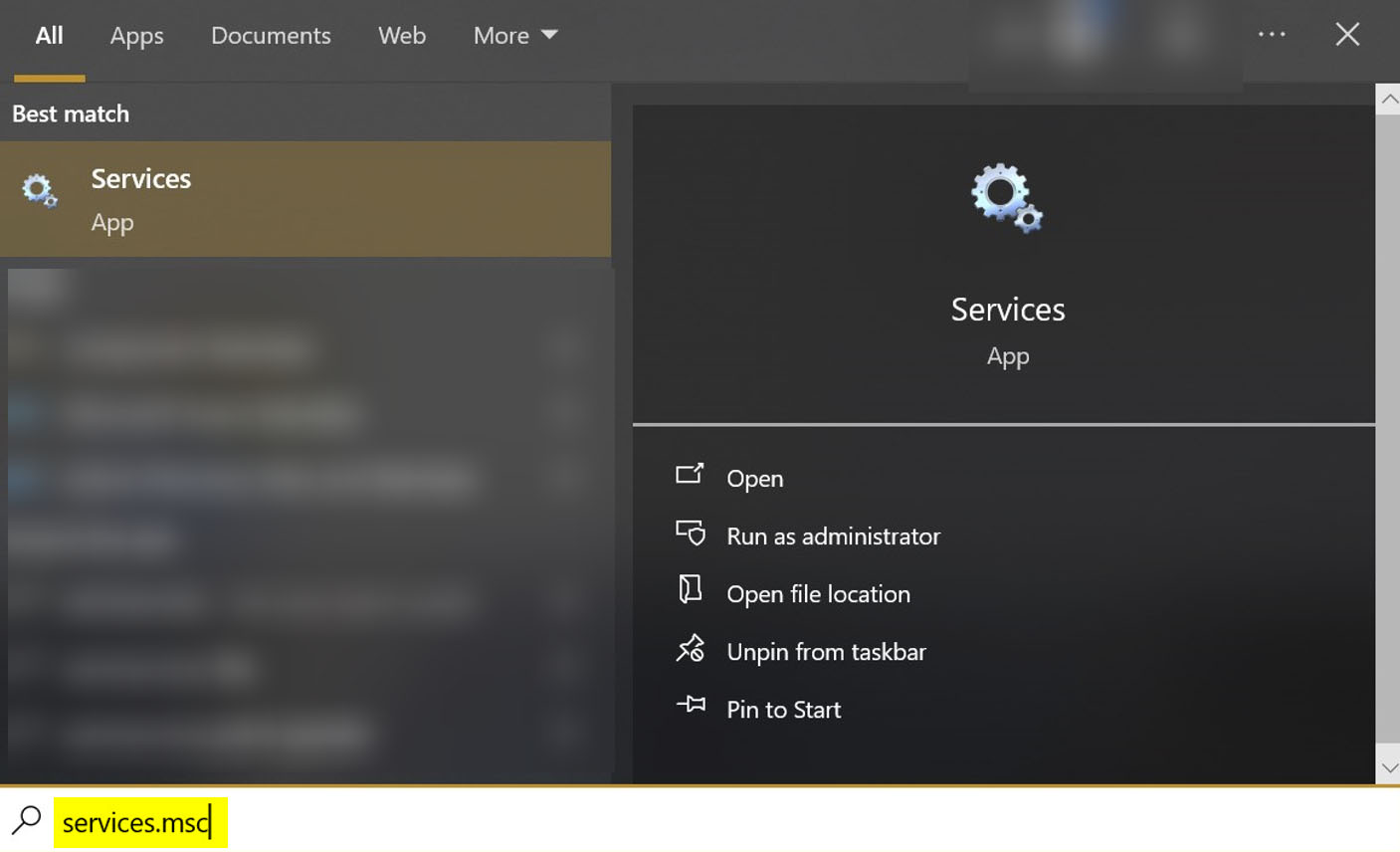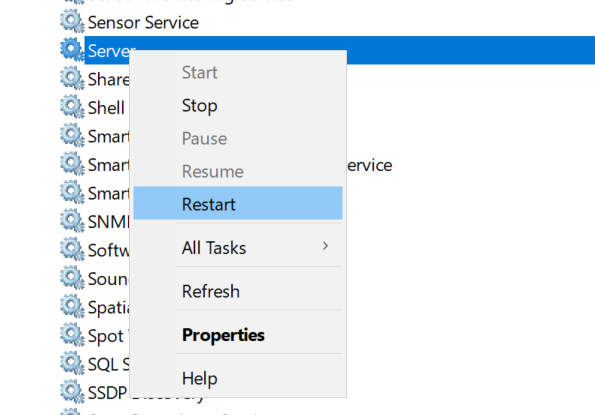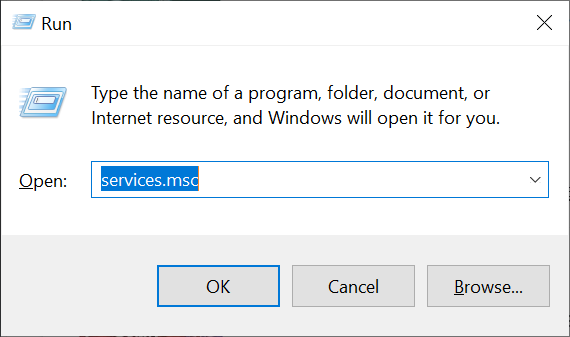Resetting Your Graphics Driver on Windows 10/11 with a Simple Keyboard Shortcut
Have you ever experienced screen glitches, freezes, or other display issues while using Windows and wished you did not have to reboot to fix the issue? Fortunately, there’s a quick way to reset your graphics driver that may resolve these problems without the need to restart your PC.
In this blog post, I will show you how to do it:
- Ensure all your work is saved as this process has a (very small) potential to crash the computer.
- Hold down the ‘Control’ (Ctrl) and ‘Windows’ (Win) keys on your keyboard.
- While holding those keys (Ctrl + Win), press the ‘Shift’ key and the ‘B’ key simultaneously.
- Once the screen goes blank, release all the keys.
- Wait for the screen to come back on and see if your issues have been solved.
That is all there is to it.
Please remember, this isn’t a one-size-fits-all solution. Some people may still require a reboot to resolve their issues, but this tutorial may save some people time rebooting when they did not need to.
Posted in Computers, Operating Systems, Tips & Tutorials
How to Restart the Windows File Sharing Service
This quick tutorial will show you how to restart the Windows file sharing service on your Windows desktop / server. This can be useful if you encounter issues sharing files on your computer, and cannot or do not want to reboot the system.
This tutorial is intended for Windows 10 / 11 and Windows Server 2016 or later. It assumes that you have already enabled and configured Windows file sharing on your computer.
- Open the Start menu and type “services.msc” in the search box. Press Enter to open the Services window.

- Locate the service named “Server” in the list of services.

- Right-click on the service and click “Restart”. This will stop and start the service again.

- Now you can verify if your issue has gone away. If not, then a reboot might be in order.
That’s it! Hopefully someone will find this tutorial useful.
Posted in Computers, Internet and Servers, Operating Systems, Software, Tips & Tutorials
Test-Connection: How to Ping Computers with PowerShell
You can use the commands below to ping computers with PowerShell.
Pinging a Single Computer
Test-Connection google.com
You may add (without the quotes) “-IPv4” to the end of the command to tell PowerShell to only ping the IPv4 address of the specified computer.
Pinging Multiple Computers
Use a comma [ , ] to specify multiple computers at once.
Test-Connection google.com, yahoo.com
Posted in Code Snippet, Computers, Internet and Servers, Operating Systems, PowerShell, Tips & Tutorials
What Exactly Does “better” Mean, and Why You Should Always Give Context
I have noticed many times on the Internet, people will ask if A is better than B. However, they do not give any context of what they consider “better” to be.
Whenever someone asks me if A is better than B, I always ask them, “What exactly do you mean?”. This is so I can help them make an informed decision. Otherwise I am just guessing, and that will not be helpful to anyone.
Here is an example of someone asking if something is better without context.
A guy named Jeremy goes to a cellphone store and asks Greg the salesman, “Which phone is better to use?”.
Jeremy has not explained to Greg what his requirements are. He could be asking “Which phone is cheaper?”, “Which phone is the fastest?”, “Which phone has the most battery life?”, etc. You get the idea. His saying “better” does not give any context to Greg.
Now Greg proceeds to correctly ask Jeremy, “What are your specific requirements?”. Jeremy then responds saying he is looking for a phone that has a large screen and is not too slow. Now Greg has context – instead of just “better” – and he now can properly show Jeremy the phones that will meet his needs.
Now Jeremy leaves the store happy, since he was able to purchase the phone he wanted.
Something to keep in mind. When someone mentions “better”, that is just their opinion. It does not mean anything until you get their context, and even then, you still would have to agree with their reasons why A is better than B.
You can also have someone who does not care either way. In this case, “better” does not factor in for him.
In addition, you may have someone give their opinion that A is better than B. However, if there is ample, reliable evidence to prove that A is instead equal to B (e.g., scientific research done by two independent universities that came to the same conclusion using valid, reliable methods to test), then there is cause to not believe what the person said. It all comes down to using common sense.
Summary: It’s good practice to always add context when asking if A is “better” than B, otherwise you will have people misunderstand what you are asking and may (unintentionally) give you an answer that is not helpful.
Posted in Computers, General, Internet and Servers, Operating Systems, Security, Shopping, Society, Software

